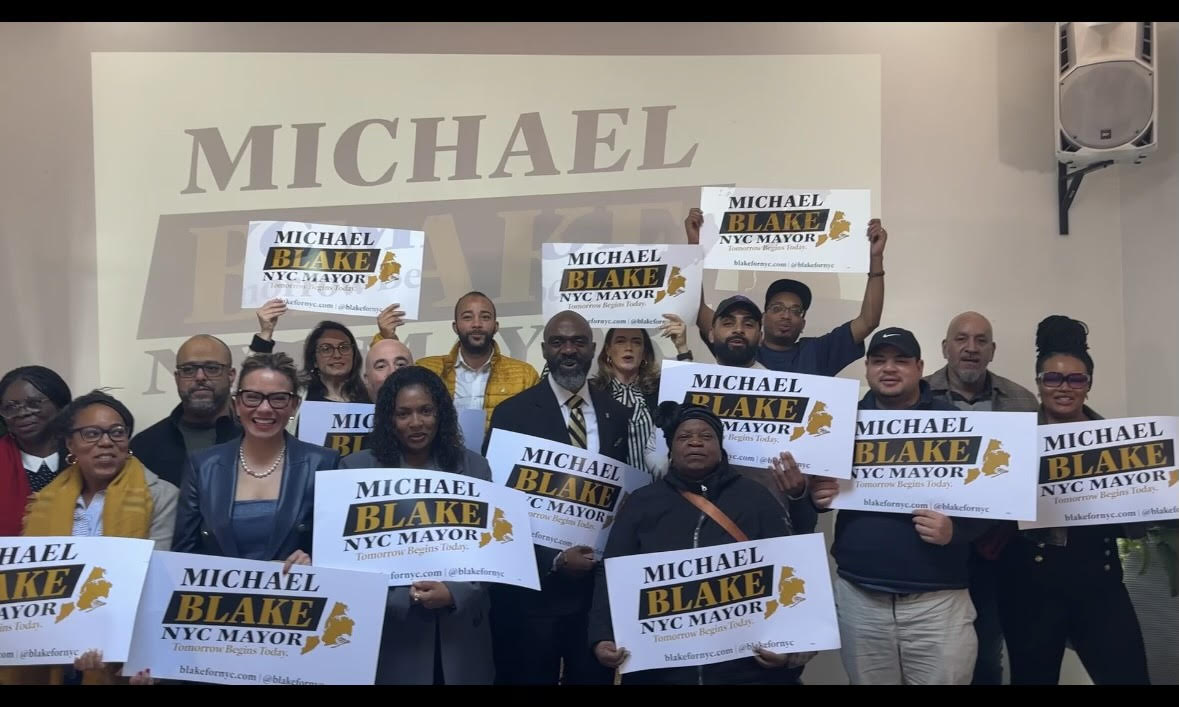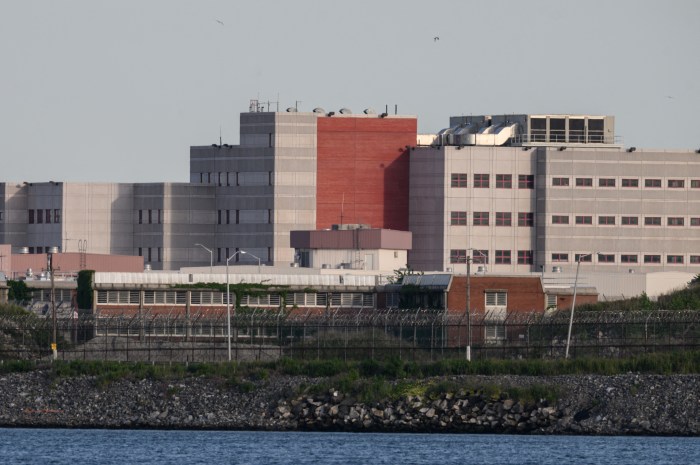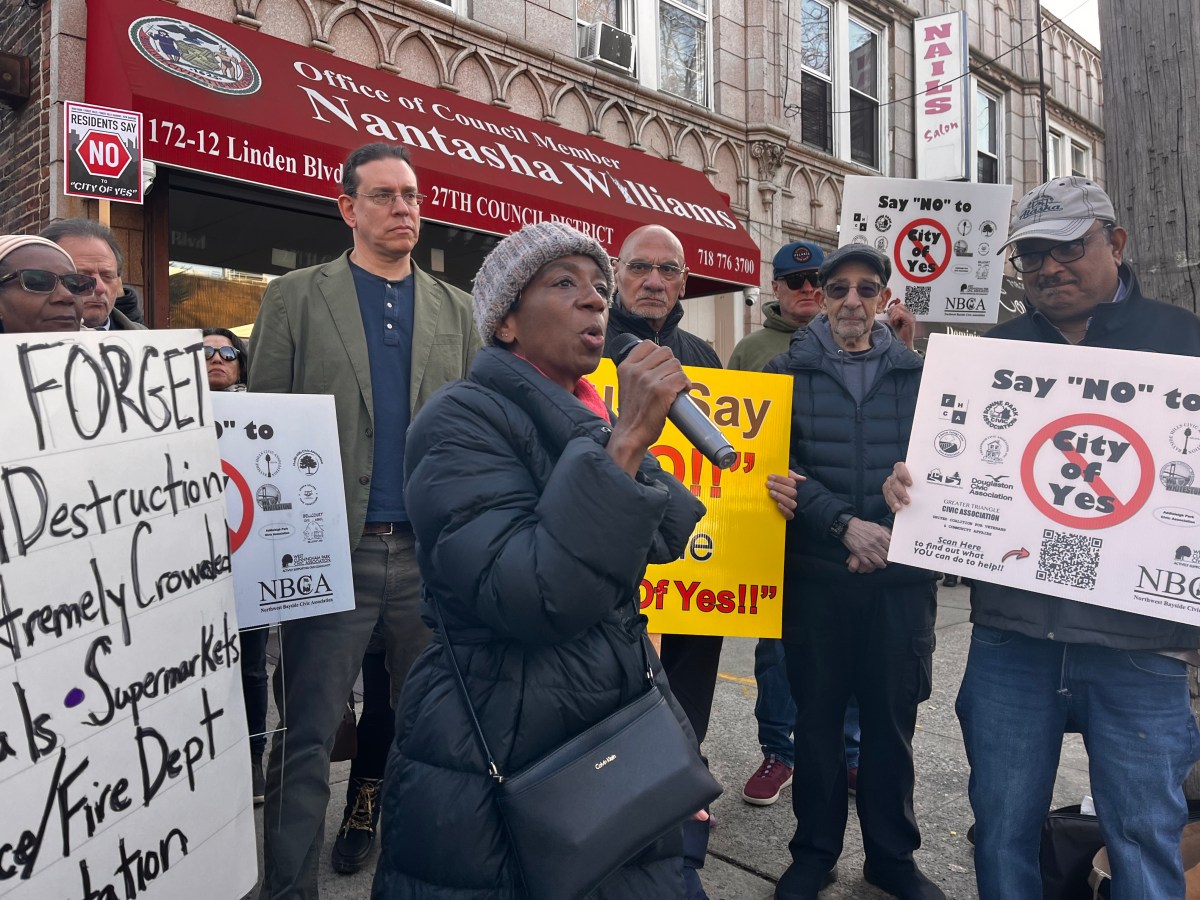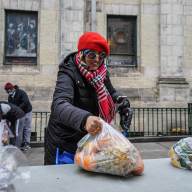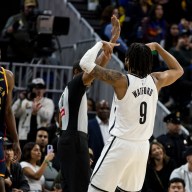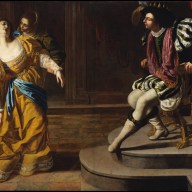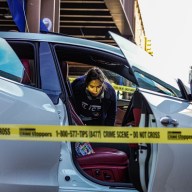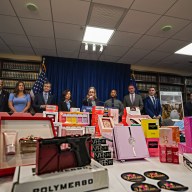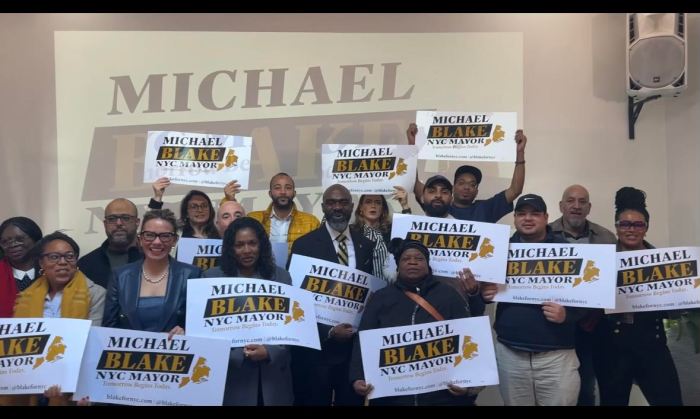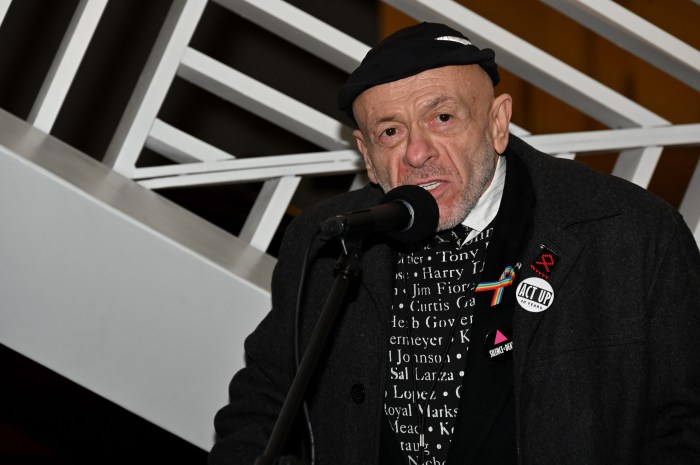
Mayor de Blasio on Monday praised an agreement to place new limits on carriage horses but conceded it falls short of his ultimate aim and onetime campaign promise — a total ban on the industry.
The “agreement in concept” announced Sunday night by de Blasio, City Council Speaker Melissa Mark-Viverito and three Teamsters leaders representing the carriage drivers would reduce the number of horse-drawn carriages operating in the city, and limit their use primarily to inside Central Park.
Some details of the agreement are still being worked out, and City Council approval will be required.
De Blasio said the new arrangements would help keep the horses and drivers safe by reducing and eventually eliminating the time they spend alongside motor vehicle traffic.
“We think this will be a solid change for the city. We need to get horses off the streets. It’s not fair and humane for our drivers and horses,” the mayor said at a news conference after a Martin Luther King Day event in Brooklyn.
“My ultimate belief is that they should not be in the city,’’ he said.
De Blasio did not specify which issues are still being discussed, but there has been no word yet on any plans for compensating the carriage drivers who will lose their jobs. The mayor also gave no details on the cost of renovating city property in Central Park that will be used to stable the horses.
The mayor said homes for the horses that will have to retire have been found. “There are good homes for the horses,’’ he said.
A City Council source Sunday night said the agreement would limit the operation of the carriages, with the exception of travel to and from their existing stables, to Central Park starting June 1.
The plan also calls for reducing the number of licensed horses from approximately 180 to 110 by Dec. 1.
The source said the agreement requires creation of a stable within Central Park with space for 68 carriages and 75 horses by Oct. 1, 2018. Once the stable is complete, all travel and operations will be in the park, the official said.
When the stable opens, the number of licensed horses would drop to 95, with 75 placed in a long term home there. Horses not at work must be on furlough outside the city.
The plan also reduces the number of hours per day a carriage may operate to nine beginning Dec. 1.
The agreement also calls for banning pedicabs from operating in Central Park south of the 85th Street Transverse starting June 1, and calls for city agencies to meet monthly with industry representatives to discuss economic and safety issues.
Allie Feldman, who led the fight for NYCLASS, one of the groups pushing for a ban, referred inquiries to Mercury Public Affairs, a public relations firm with ties to the mayor that represents the group. Michael McKeon, a spokesman with Mercury, said in an email: “When we see the bill in print and understand all the details, we will have more to say.”
De Blasio, as a mayoral candidate, pledged to get rid of the city’s carriage horses, saying the animals faced inhumane working conditions. He told supporters in 2013: “I would ban the horse carriages in Central Park within the first week on the job.”
But the promise came to haunt De Blasio, at it proved politically difficult to overcome opposition from union leaders, who said the horses are well-treated and a ban would cost jobs.
In 2014, he proposed replacing the carriages with vintage-style electric cars as a tourist attraction, but the plan failed to muster enough support.
— With Matthew Chayes and Laura Figueroa




